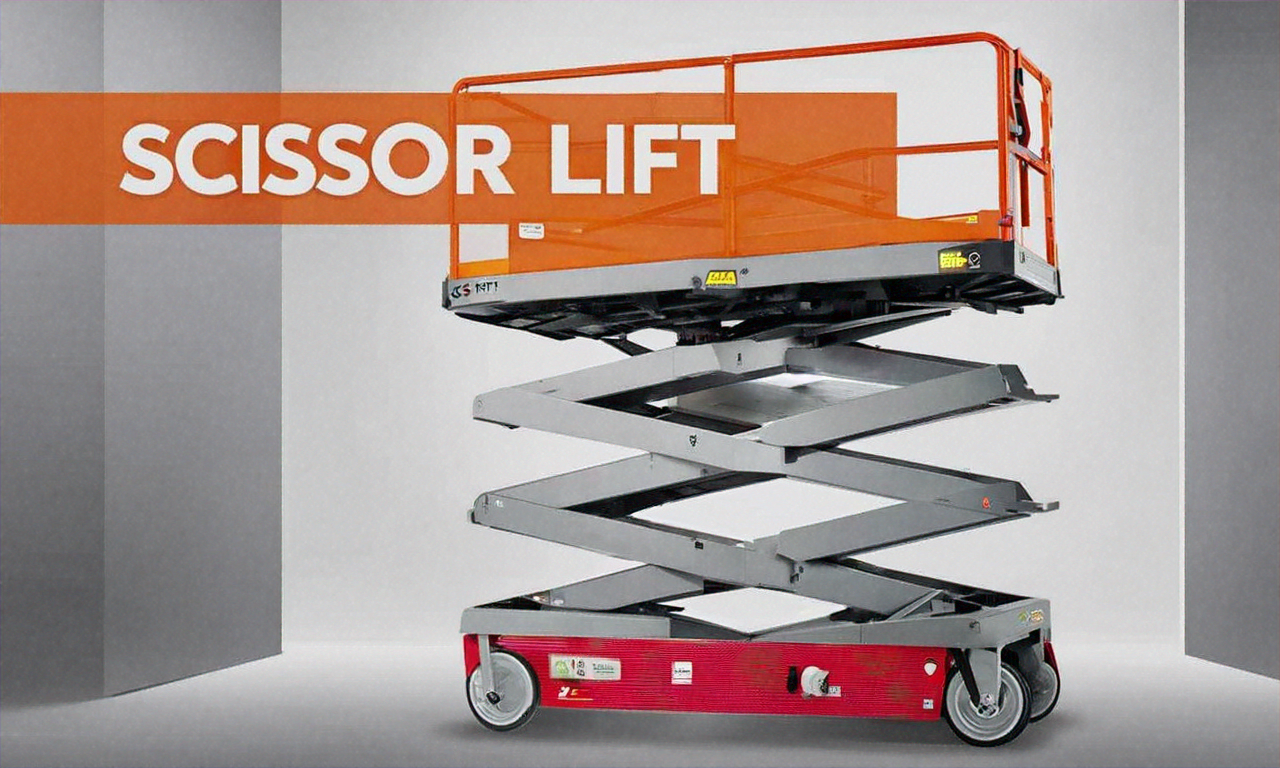Explore helpful tips on small trailers for daily use
Small trailers offer practical solutions for everyday transportation needs, from hauling garden supplies to moving furniture. Understanding the right features and designs can transform how you manage daily tasks. With proper knowledge about hitches, weight capacities, and storage options, these versatile vehicles become indispensable tools for both work and personal projects.

Small trailers represent one of the most practical investments for anyone needing regular transportation solutions without the commitment of a larger vehicle. These compact hauling solutions bridge the gap between what fits in your car trunk and what requires a moving truck. Whether you’re a homeowner with weekend projects, a small business owner with delivery needs, or simply someone who values self-sufficiency, the right small trailer can significantly enhance your daily capabilities.
Discover versatile small trailer options for everyday needs
Small trailers come in numerous configurations designed to address specific requirements. Utility trailers typically feature open beds with low sides, perfect for transporting landscaping materials, furniture, or bulky items that don’t require weather protection. Enclosed cargo trailers offer security and weather resistance, making them ideal for valuable tools, business inventory, or camping gear. For specialized needs, consider motorcycle trailers, boat trailers, or even small livestock trailers.
The material composition significantly impacts durability and weight. Aluminum trailers resist rust and reduce towing weight but come at a premium price. Steel trailers offer strength and affordability but require more maintenance to prevent corrosion. Modern composite materials provide a middle ground with reasonable durability and weight characteristics. When selecting a trailer, consider not just your immediate needs but how your requirements might evolve over the next several years.
Understand key features for daily use trailers
Weight capacity represents the most crucial specification when selecting a small trailer. Most daily-use trailers fall into the 1,000-3,000 pound capacity range. This specification includes both the trailer’s empty weight and the maximum cargo weight. Exceeding these limits compromises safety and can damage both the trailer and your towing vehicle. Always maintain a safety margin rather than regularly operating at maximum capacity.
Hitch compatibility deserves careful consideration. Most small trailers use either a ball hitch (common sizes include 1-7/8”, 2”, or 2-5/16”) or a pintle hitch for heavier applications. Ensure your vehicle has the appropriate receiver size and weight rating. Additionally, examine braking systems—trailers above certain weight thresholds require independent braking systems that activate when the towing vehicle brakes, significantly enhancing safety during emergency stops.
Get practical tips for efficient transport with small trailers
Proper loading techniques dramatically improve towing safety and efficiency. Always position approximately 60% of the weight toward the front of the trailer, ahead of the axle. This weight distribution prevents dangerous trailer sway at highway speeds. Secure all items thoroughly using appropriate tie-downs, and never allow items to extend beyond the trailer’s dimensions without proper flagging or lighting.
Regular maintenance extends your trailer’s lifespan and prevents roadside emergencies. Before each use, check tire pressure, ensure lights function properly, and inspect the hitch connection. Periodically lubricate moving parts, including the ball hitch and any door hinges. For trailers with brakes, have the system professionally inspected annually. Keep wheel bearings properly packed with grease—this simple maintenance step prevents one of the most common trailer failures.
Explore designs that fit your needs and space constraints
For urban dwellers with limited storage space, folding trailers offer remarkable versatility. These ingenious designs collapse to occupy minimal garage or driveway space when not in use. Similarly, trailers with removable sides allow configuration changes based on cargo requirements, transforming from flatbeds to enclosed spaces as needed.
Consider specialized features that align with your specific usage patterns. Ramp doors facilitate loading wheeled equipment like lawnmowers or ATVs. Tie-down points positioned at various heights accommodate different cargo types. For those frequently transporting bicycles or kayaks, purpose-built racks mounted to utility trailers provide secure transport without the expense of dedicated sport trailers.
Maximize your trailer’s potential with expert insights
Extending your trailer’s functionality through accessories creates exceptional value. Cargo nets secure lightweight items that might otherwise blow away. Waterproof covers protect loads during unexpected weather. For utility trailers, removable toolboxes mounted to the tongue provide secure storage for chains, straps, and other towing necessities while maximizing bed space for cargo.
Consider multi-purpose modifications that enhance versatility. Some owners install quick-release sides that convert an enclosed trailer to a flatbed. Others add interior track systems for adjustable tie-down points. Roof racks mounted to enclosed trailers effectively double carrying capacity for lightweight, bulky items like ladders or building materials.
Small trailer pricing and popular models comparison
The small trailer market spans a wide range of price points based on construction quality, features, and capacity. Entry-level utility trailers start around $700-$1,200 for basic models, while quality enclosed trailers typically range from $2,000-$5,000 depending on size and features.
| Trailer Type | Popular Models | Price Range | Key Features |
|---|---|---|---|
| Utility (5x8) | Carry-On 5X8GW | $900-$1,200 | 1,400 lb capacity, 15” sides, mesh ramp |
| Enclosed (5x8) | Interstate 58SA | $2,300-$2,800 | Single axle, rear ramp door, 6’ interior height |
| Folding | Harbor Freight 1195 lb | $400-$600 | 40.5”x48” bed, folds for storage |
| Motorcycle | Kendon Stand-Up | $1,800-$2,200 | Stands vertically for storage, single rail |
| Multi-purpose | Sure-Trac 5x10 | $1,600-$1,900 | Removable sides, convertible design |
Prices, rates, or cost estimates mentioned in this article are based on the latest available information but may change over time. Independent research is advised before making financial decisions.
Regardless of which small trailer you select, proper registration and insurance remain essential. Most states require trailers to be registered, with requirements varying based on weight. While insurance isn’t always legally mandated, protecting your investment through comprehensive coverage prevents significant financial loss in case of accident or theft. Additionally, understanding your auto insurance policy’s coverage limitations regarding trailers prevents unpleasant surprises after incidents.
Small trailers represent remarkable tools that extend your vehicle’s capabilities while maintaining flexibility and economy. By selecting appropriate designs, understanding critical features, and implementing proper maintenance routines, these versatile transportation solutions deliver exceptional value for daily tasks. Whether for work or personal projects, the right small trailer transforms challenging transportation problems into manageable, efficient processes that save both time and money.




